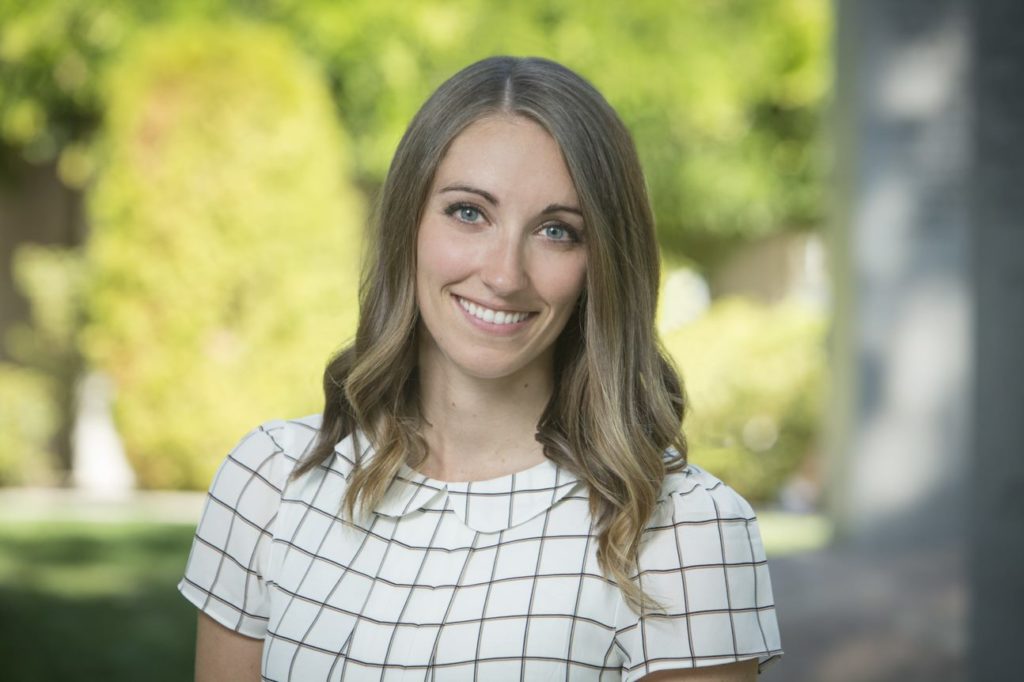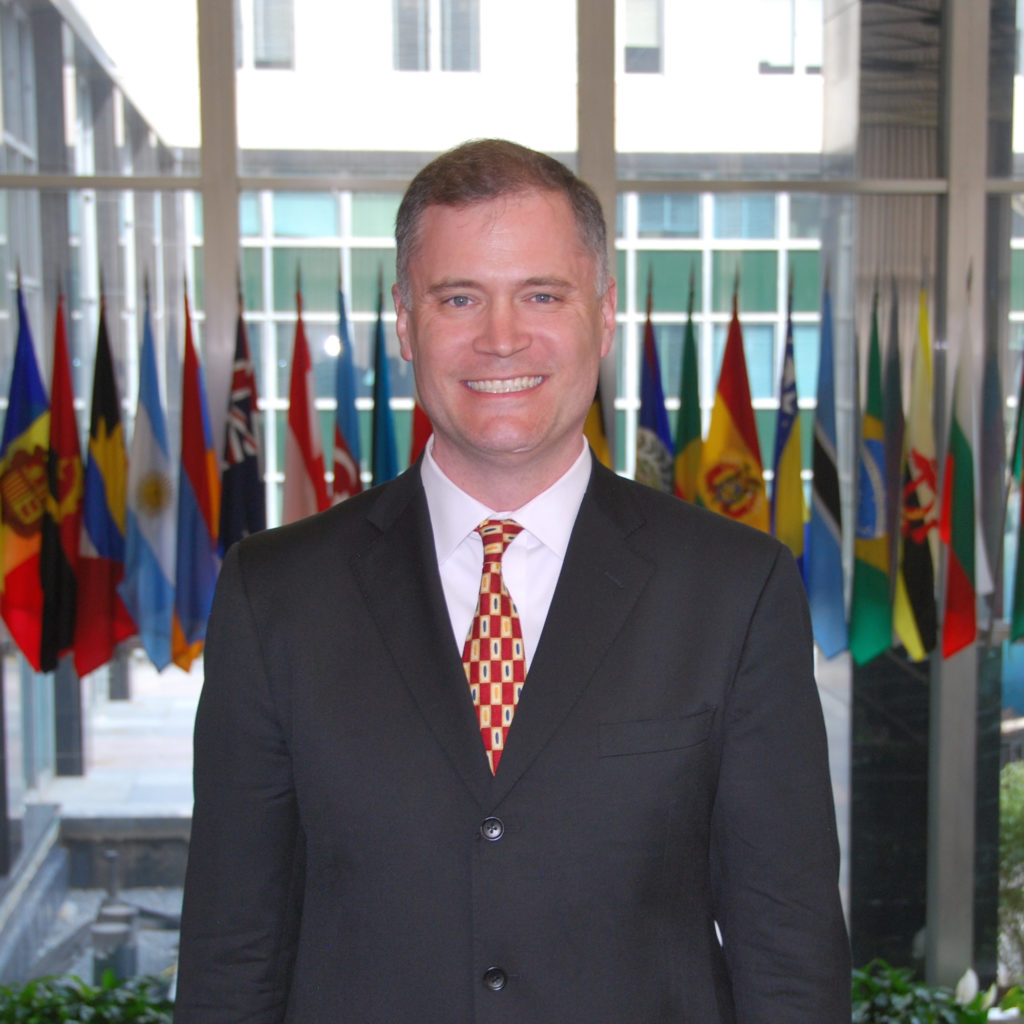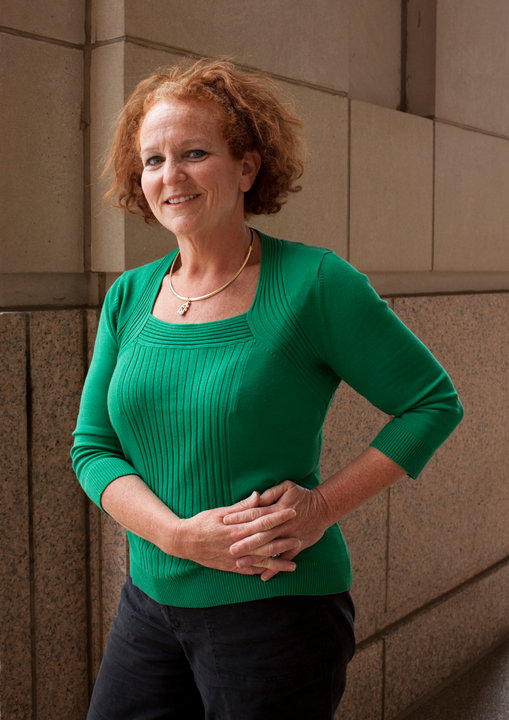Whether persuading community members to conserve water, working in a laboratory to study the latest threats to water quality, or preparing the next generation of water professionals, education is at the heart of the water treatment sector. Each year, one category of the Water Environment Federation (WEF; Alexandria, Virginia) Awards recognizes individuals and organizations driving innovation in the ways the water sector communicates.
WEF recently announced winners of the 2020 WEF Education Awards, celebrating three individuals and two programs that were nominated for their transformative influences on their organizations, communities, and students. Awardees will receive official recognition during a ceremony at WEFTEC Connect, which takes place October 5-9.
“Education is key to advancing the understanding and protection of the water environment,” said Jackie Jarrell, WEF President. “The Water Environment Federation is extremely proud to honor these individuals and organizations for their work to educate and inform the general public about one of the world’s most valuable resources.”
Canham Graduate Studies Scholarship: Lydia Peri
Lydia Peri, a doctoral student at the University of Nevada—Reno (UNR), earned $25,000 as the 2020 recipient of the WEF Canham Graduate Studies Scholarship.

A Nevada native with two degrees from UNR already completed, Peri’s current research focuses on surmounting technical obstacles to wastewater reclamation and reuse. Because Nevada state regulations require injection into groundwater aquifers before treated wastewater can be reused, Peri is working to better understand potential water-quality risks associated with the underground environment. According to Peri’s nomination materials, she is currently studying whether several concerning pathogens often found below the surface — such as the MS-2 virus, coliform bacteria, and Cryptosporidium protozoa — significantly affect water quality in groundwater aquifers.
While working with the Washoe County (Nevada) Department of Water Resources as an environmental engineer, Peri’s work was instrumental during the development of a regional potable reuse demonstration project, colleagues described in recommendation letters. She also played a key role in establishing a feasibility study evaluating the ways in which investing in potable reuse could benefit northern Nevada.
Peri regularly volunteers her time and talents to WEF. She currently serves on WEF’s Students and Young Professionals Committee and has previously participated in expert forums at WEFTEC centered on water reuse, in addition to advancing other WEF initiatives.
“I am enthusiastic that my personal passion to create sustainable water solutions has become aligned with my career and present research goals,” Peri wrote in a personal statement. “I look forward to the motivating projects and indispensable collaborations with local and national entities that will affirm my contribution to the water environment.”
Fair Distinguished Engineering Educator Medal: Daniel Oerther
WEF’s Fair Distinguished Engineering Educator Medal, named in honor of trailblazing sanitary engineering professor Gordon Maskew Fair, this year has been awarded to Dr. Daniel Oerther of the Missouri University of Science and Technology (Rolla).
Oerther was recognized for transcending traditional barriers between professional fields to offer his students truly interdisciplinary courses in water quality. Over the last two decades, Oerther has used his dual background in science and engineering to incorporate principles of molecular biology into the ways environmental engineers approach their work. Beyond environmental engineers, his students have included healthcare providers, political scientists, and more, promoting the cause of water quality beyond traditional audiences.

Additionally, colleagues describe in nomination materials Oerther’s work as a “science diplomat.” He spent five years as an agricultural policy advisor for the U.S. Department of State and has received several awards for his in-depth studies of water quality and security around the world, including in Guatemala, Tanzania, and the Caribbean. Many of his university courses focus heavily on providing global access to water, sanitation, and hygiene.
Andrew Shaw, who serves alongside Oerther on the American Academy of Environmental Engineers and Scientists (AAEES; Annapolis, Maryland) Board of Trustees, described in a recommendation letter that Oerther’s work has created “the foundation for a new paradigm of interprofessional education.”
“Professor Oerther is well-known and highly regarded among the membership of WEF, the water quality profession, and our interprofessional collaborators around the globe,” Shaw wrote.
Public Communications and Outreach Program Awards
Each year, the WEF Public Communication and Outreach Program Awards recognize several individuals, organizations, and campaigns involving WEF members that successfully raise the profile of water environment issues in their communities. By making the latest science accessible for the public, recipients encourage water conservation, build support for innovation in water, inspire interest in water careers, and more.
Allison Fore, public and intergovernmental affairs officer for the Metropolitan Water Reclamation District of Greater Chicago (MWRD), received an award for spearheading an overhaul of the large utility’s public outreach and education programs. Assembling and directing a team of writers, photographers, videographers, designers, and public speakers, Fore broadened MWRD’s communications approach with a focus on spurring interest in science, technology, engineering, and mathematics (STEM) careers. Among other efforts, Fore devised a new strategy for the utility’s social media program and expanded access to the MWRD campus with several new public tour options.

The Los Angeles County Sanitation District’s (LACSD) Sewer Science Program, established in 2003, was recognized for its expansive curriculum that introduces microbiology, chemistry, physics, and environmental stewardship to a wide range of local students. Practicing and retired water professionals lead Sewer Science Program lessons at no cost to schools. In addition to in-classroom lessons, the program also involves optional field-trip components to two of LACSD’s water resource recovery facilities. According to nomination materials, the program has reached more than 80,000 students since its establishment, and many former participants are now working in the water sector.
Finally, a cooperative program between the City of Broken Arrow, Oklahoma, and the Broken Arrow Public Schools system received an award for amplifying messaging about watershed stewardship throughout the community. The Together Project was established in 2017 to help protect local water quality through public outreach. The partnership between city engineers and high-school students produced an innovative outdoor classroom and training center focused on teaching visitors about the Tiger Creek watershed and how they can help protect it. Among other successes, the Together Project has produced a large floating wetland in the shape of the Broken Arrow Public Schools logo, an extensive “Keep Broken Arrow Clean” litter prevention program, and students and engineers are currently working on a comprehensive conservation plan for the Tiger Creek watershed corridor, nomination materials describe.
Learn more about the WEF Awards at the WEF website.
— Justin Jacques, WEF Highlights








September 22, 2020
Achievements